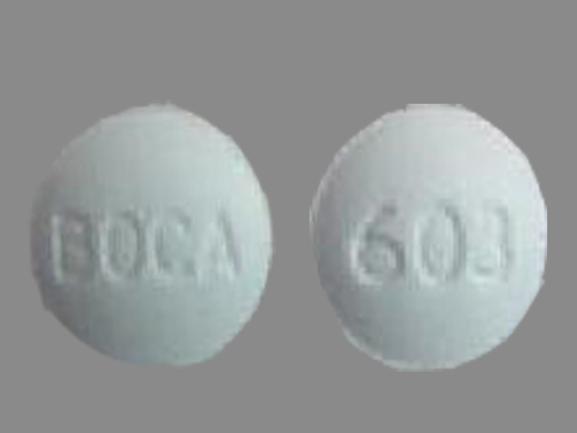Methscopolamine Interactions
There are 201 drugs known to interact with methscopolamine, along with 17 disease interactions, and 2 alcohol/food interactions. Of the total drug interactions, 5 are major, 179 are moderate, and 17 are minor.
- View all 201 medications that may interact with methscopolamine
- View methscopolamine alcohol/food interactions (2)
- View methscopolamine disease interactions (17)
Most frequently checked interactions
View interaction reports for methscopolamine and the medicines listed below.
- Ambien (zolpidem)
- Benadryl (diphenhydramine)
- CoQ10 (ubiquinone)
- Cymbalta (duloxetine)
- Dexilant (dexlansoprazole)
- Eliquis (apixaban)
- Flonase (fluticasone nasal)
- Lexapro (escitalopram)
- Lipitor (atorvastatin)
- Lyrica (pregabalin)
- Metoprolol Succinate ER (metoprolol)
- Mucinex (guaifenesin)
- Nexium (esomeprazole)
- Prevacid (lansoprazole)
- ProAir HFA (albuterol)
- Protonix (pantoprazole)
- Seroquel (quetiapine)
- Singulair (montelukast)
- Symbicort (budesonide / formoterol)
- Synthroid (levothyroxine)
- Topamax (topiramate)
- Vitamin B12 (cyanocobalamin)
- Vitamin C (ascorbic acid)
- Vitamin D2 (ergocalciferol)
- Vitamin D3 (cholecalciferol)
- Vyvanse (lisdexamfetamine)
- Wellbutrin XL (bupropion)
- Xanax (alprazolam)
- Zoloft (sertraline)
- Zyrtec (cetirizine)
Methscopolamine alcohol/food interactions
There are 2 alcohol/food interactions with methscopolamine.
Methscopolamine disease interactions
There are 17 disease interactions with methscopolamine which include:
- autonomic neuropathy
- GI obstruction
- glaucoma
- obstructive uropathy
- reactive airway diseases
- myasthenia gravis
- infectious diarrhea
- cardiac disease
- tachycardia
- coronary artery disease
- gastric ulcer
- gastroesophageal reflux
- ulcerative colitis
- hypertension
- hyperthyroidism
- diarrhea
- fever
More about methscopolamine
- methscopolamine consumer information
- Compare alternatives
- Pricing & coupons
- Reviews (16)
- Drug images
- Side effects
- Dosage information
- During pregnancy
- Drug class: anticholinergics/antispasmodics
- Breastfeeding
- En español
Related treatment guides
Drug Interaction Classification
| Highly clinically significant. Avoid combinations; the risk of the interaction outweighs the benefit. | |
| Moderately clinically significant. Usually avoid combinations; use it only under special circumstances. | |
| Minimally clinically significant. Minimize risk; assess risk and consider an alternative drug, take steps to circumvent the interaction risk and/or institute a monitoring plan. | |
| No interaction information available. |
See also:
Further information
Always consult your healthcare provider to ensure the information displayed on this page applies to your personal circumstances.


